7 Ugly Truths About Living Aboard
Saltwater Journal is reader supported.
When you buy through our links we may earn an affiliate commission (at no extra cost to you)
I’ve been living on my small yacht for five-years now, and I can assure you the reality of living aboard is often different to what’s shown on YouTube and Instagram. The best things really are that great, but then there’s the other side of the coin — which I didn’t know a lot about before I moved onboard.
Are you prepared for the downsides? Here are 7 Ugly Truths to challenge your dreams about living on a small boat. If you can answer yes to these questions, you can feel confident about tackling whatever comes your way.
Can you poo in front of someone else?
Ok maybe not “in front” of, but a small yacht has limited space and there’s only a thin door that separates the head (toilet) from the rest of the boat. It’s all pretty much one room without the luxury of long house-like corridors and sound insulation. There’s a good chance everyone will hear (or smell) what you’re doing in there *tinkle, tinkle, plop* while they’re sitting at the table eating or relaxing reading a book.
You’ll need to be pretty comfortable with sharing toileting space with anyone you live with or invite aboard. Ok with that? Terrific! On to question two…
Small yachts are like open plan living — pictured is my 34ft (10.34m) Kaskelot
Privacy is limited with just a thin door separating the head from living spaces
2. Are you happy to keep your used toilet paper in a bag?
Or container — or whatever other collection method you come up with? (we use small compostable bags). Either way, that loo paper’s not going down the head (toilet). Unless you’ve got a the luxury of an electric macerator (see question six) — hand pump vacuum heads like the Lavac don’t cope with paper. They’ll quickly clog, which means they need clearing and guess whos job that is…
Consider whether you’ll be out cruising or in a marina so you can also factor in the disposal method of your collected toilet paper (again not exactly a job everyone’s fighting to do).
Which brings us to the next question…
The head with a Lavac vacuum pump
Toilet paper isn’t flushed down the head!
3. Are you prepared to deal with gross stuff?
Heads break, old smelly saltwater collects in pipes, galley sinks block, grotty bits and hairs collect in the bilge, weird things grow on the hull, sea sickness happens — whatever you can think of — if it’s gross and needs cleaning you’ll probably have to deal with it at some point onboard.
You’ll need a grin and bear it attitude and many pairs of sturdy gloves.
Got that sorted? Alright! Let’s talk about sleep…
Cleaning gloves are handy onboard (literally)
A grotty greasy winch part which needs cleaning
4. Can you compromise on quality sleep?
Yes sometimes in your yacht you’ll be rocked to sleep like a baby — lulled by a calm, peaceful night and comforted by the embrace of the ocean’s bosom. But in my experience sleeping on a yacht is like caring for a teething toddler. They’ll wake you screaming for attention and once you’re up, that’s it.
Some of the familiar cries I hear are:
Wind in the rigging
Noise of the wind generator
More wind
Louder wind
Loud sea slapping the hull
A change in the sea state slapping the hull
A change in wind direction
Anchor chain scraping over rock
Checking the anchor
The scream of an anchor drag alarm
Resetting the anchor
Staying awake watching the anchor alarm
(I left out the snoring partner as this occurs within the four walls of a house too)
Unidentified tapping/banging/clinking *insert any noise as long as it can’t be located*, that once heard will haunt you ‘til daylight.
Basically, unless you operate well on minimal sleep then day naps will become part of life on the water. This is one of the hardest aspects for me about living onboard — without a solid 10 hours, I get pretty grumpy, my hormones feel outta wack and like I’m yawning my face off all the time. But, I’ve also learned not to stress too much about bad nights, as there are good night sleeps in the mix too.
Navionics shows our boat tracks after a wild night awake on anchor
Catching up on lost sleep
5. Do you like Tetris?
You might think this is a trick question. I promise it’s not. Unless you’re into quickly identifying the shape of an object and matching that to slot with ten others of varying sizes then Houston, we have a problem.
You see, finding places to store your food, safety gear, backup safety gear, spares, clothes and other essentials, comes down to the the fine art of packing every nook, cubby and locker by some magic sequence of stacking, holding your tongue right and fastening the latch quickly. At first it’s fun: where shall I put this? And then you realise how little space there is aboard your new home. Shit.
And the game isn’t so fun anymore, and it will drive you nuts — because inevitably once you’ve stowed everything away and congratulated yourself on the accomplishment, you’ll need to grab out that thing you need. And it’ll be deep down in the bowels of the boat, at the bottom right hand corner where you thought it would fit perfectly when you loaded a dozen items on top of it.
The ultimate version of boat Tetris is played on a daily basis with stacked food items in the fridge. Here, time plays a crucial part, as you try and juggle containers as quickly as possible to avoid adding warm air, and using more electricity as the fridge flicks on to keep cool.
Speaking of electricity? Read on.
Finding spaces for food storage includes the bilges — where it’s nice and cool
Odd shaped objects get slotted into odd shaped places
Stacking cushions to get to stores behind the seats
6. Can you use less electricity than you need?
So far, you’ve sacrificed personal toileting space, quality sleep, played a crappy game of boat Tetris and now you’ve got to cut back on power?
Yes.
The electricity supply onboard is finite. You’ll quickly find that running a fridge, keeping the anchor light on at night, even the tiny lights in the instrument panel — use precious amp hours. And that’s before you charge phones, devices, and handheld radios (or added in an electric macerator pump for your head). Somehow the simple life onboard just got more complicated! You’ll need to adapt to watching your boat’s power and if you’ve got solar panels or a wind generator, harnessing the good input days for all your charging, and minimising energy consumption on the others.
Boat life forces you to be creative with how you can reduce power use.
The size of the onboard house battery will determine how much electricity you can store and use
There are many potential items that can draw power (Instrument panel labels pictured)
7. Are you good with having a plan, starting the plan, then changing the plan, rewriting that plan, and coming up with an entirely new plan?
Excellent. Boating adventures and living aboard is full of plans that change. Be it weather conditions, breakages, new opportunities or a multitude of life events beyond your control, you’ll need an open mind and willing heart when it comes to plans.
It’s not all bad — some plans come to fruition and life is rosy, but if you feel thrown easily when change happens then living aboard might not be for you. But I think it is since you’ve said yes to everything so far, right?!
Reprioritising jobs and making new plans
Being flexible and coping with change will be part of sailing life
In conclusion
The ugly lows will be different for everyone and there are definitely more than seven. But the truth of the matter is that without these downsides, the highs wouldn’t seem so great. Personal challenges are actually a good thing, and coupled with choosing to live life on your terms — it’s one of the most beautiful experiences we can have.
Have you read the Beginner’s Guide to Buying a Boat?
Or 7 Best Things About Living on a Boat?
Go for it!

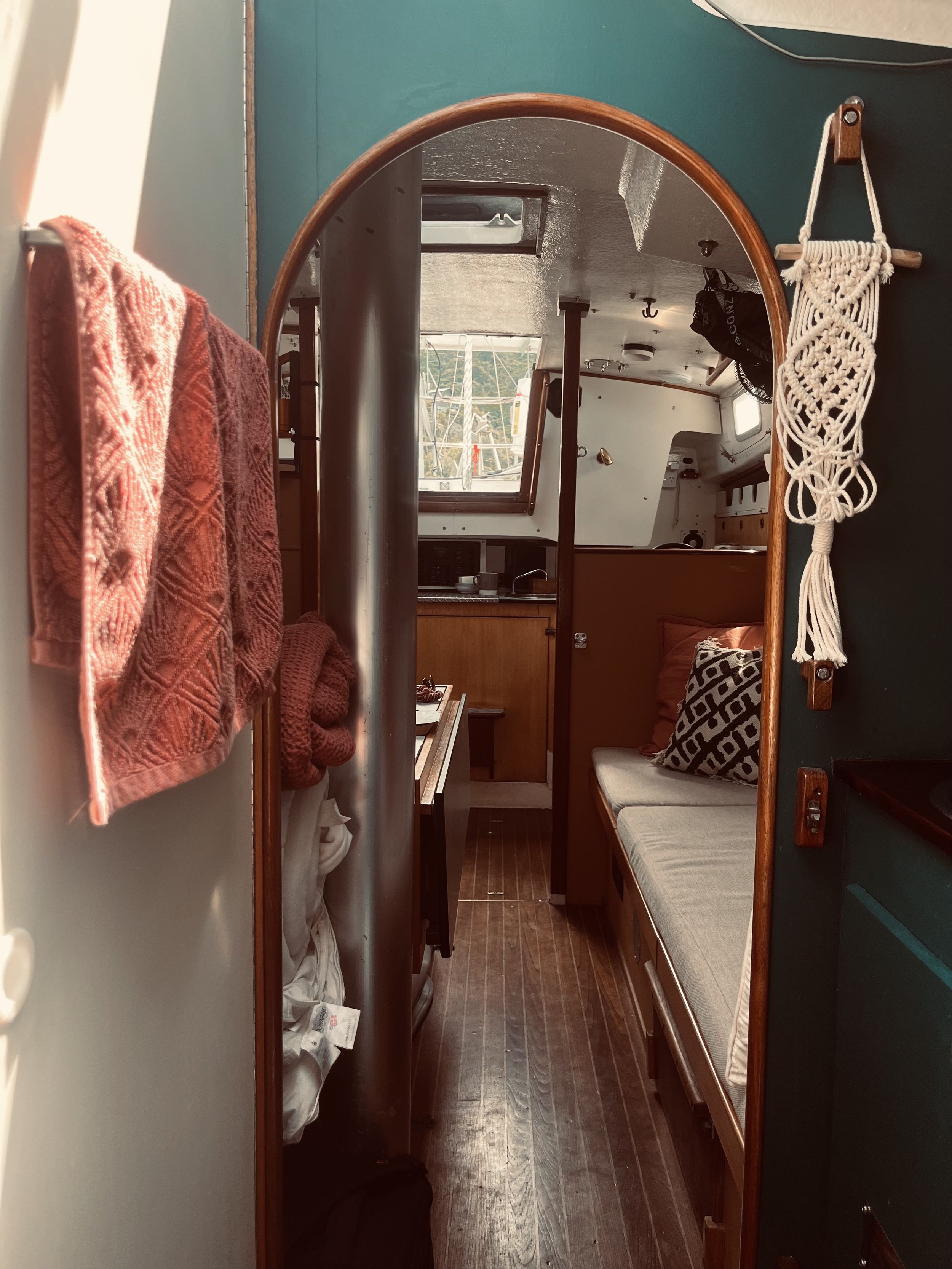






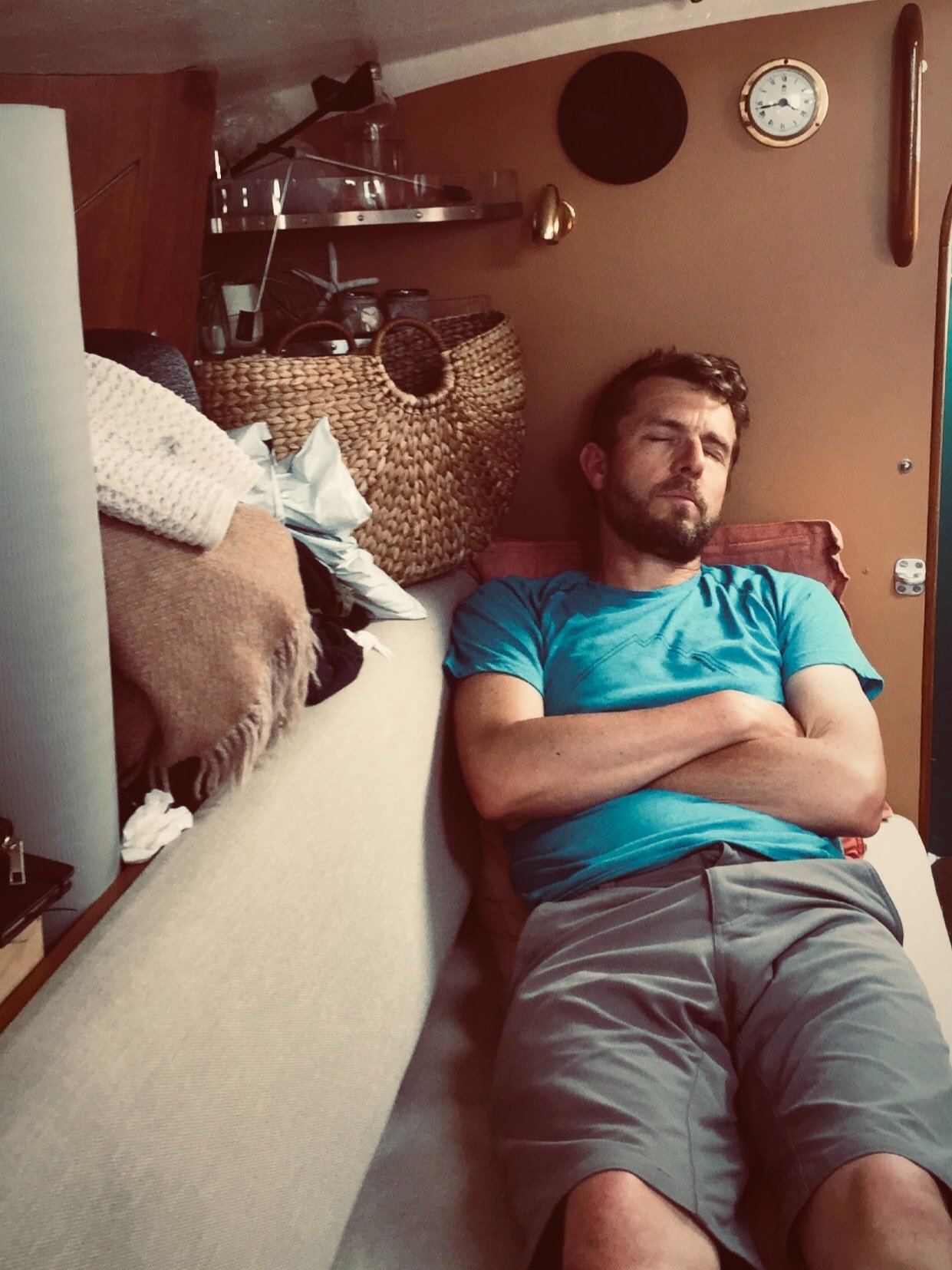


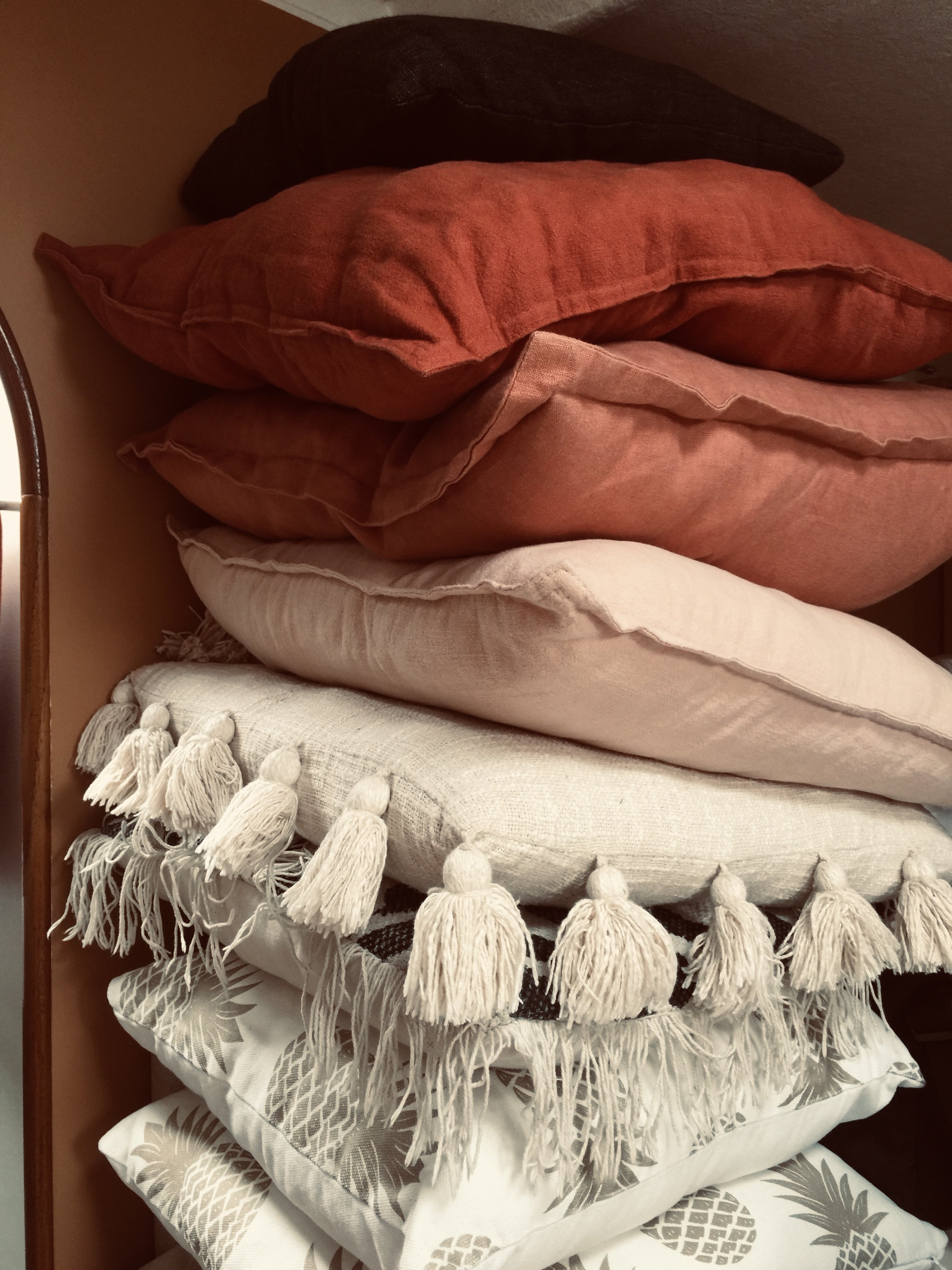

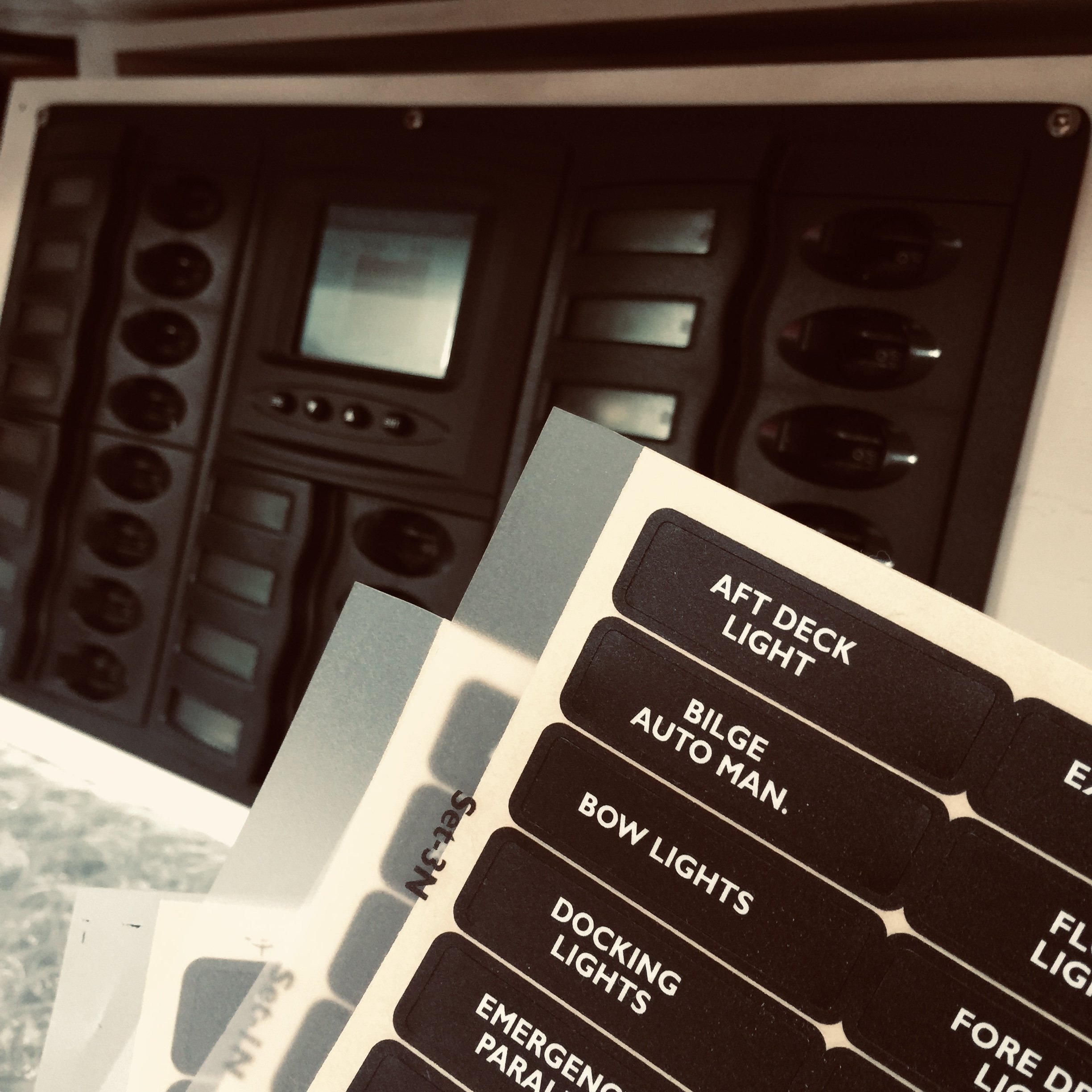
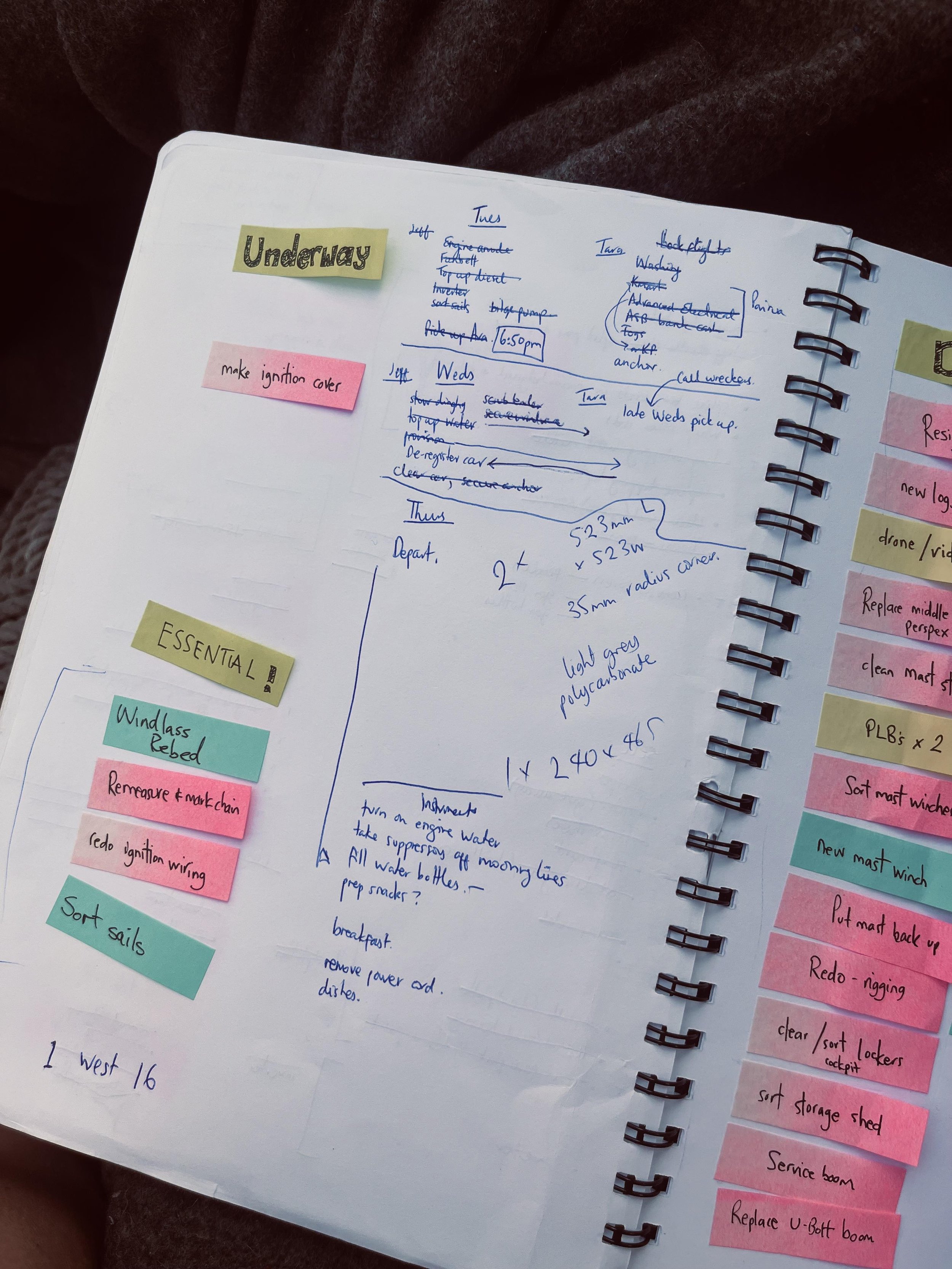
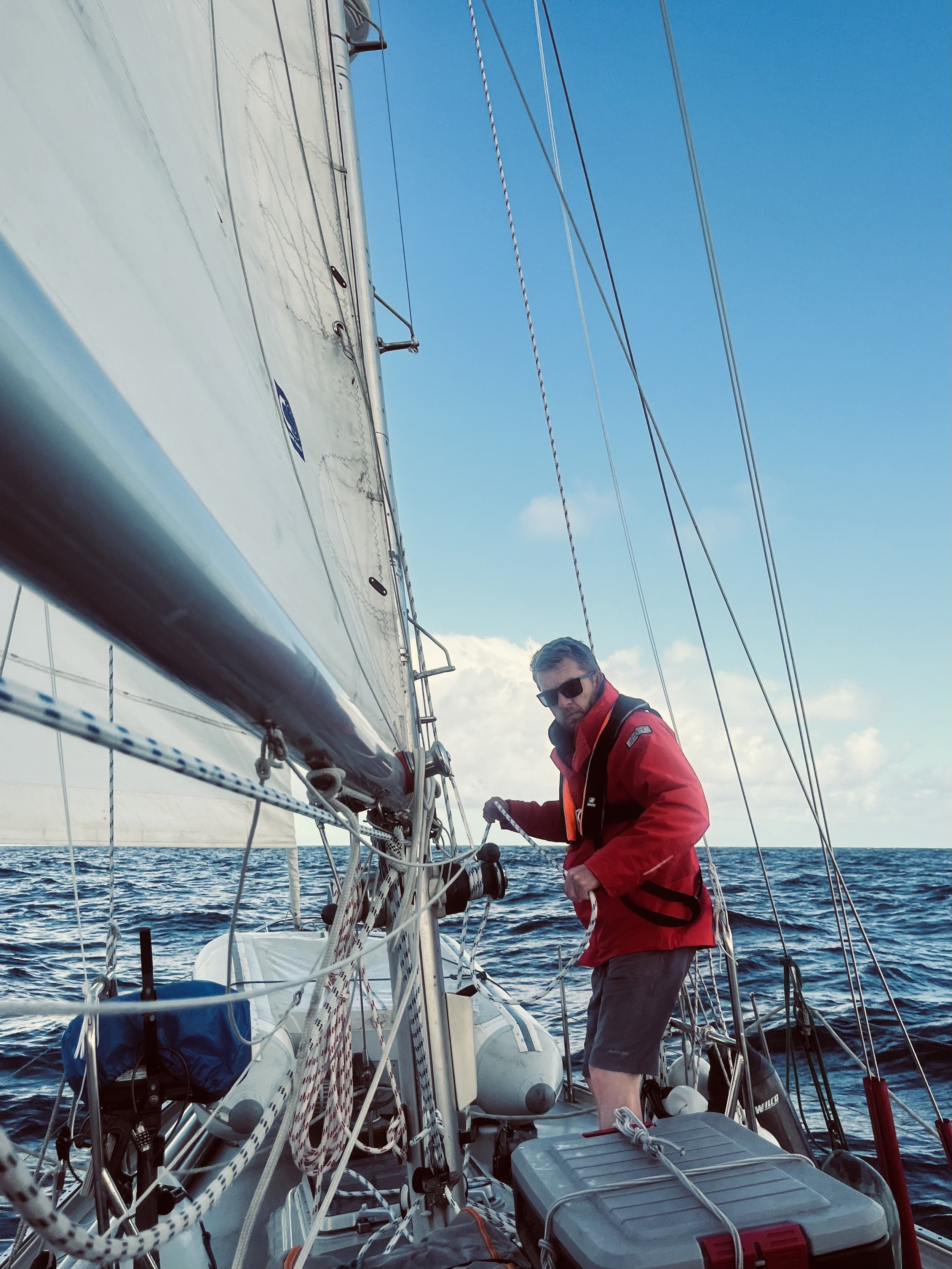
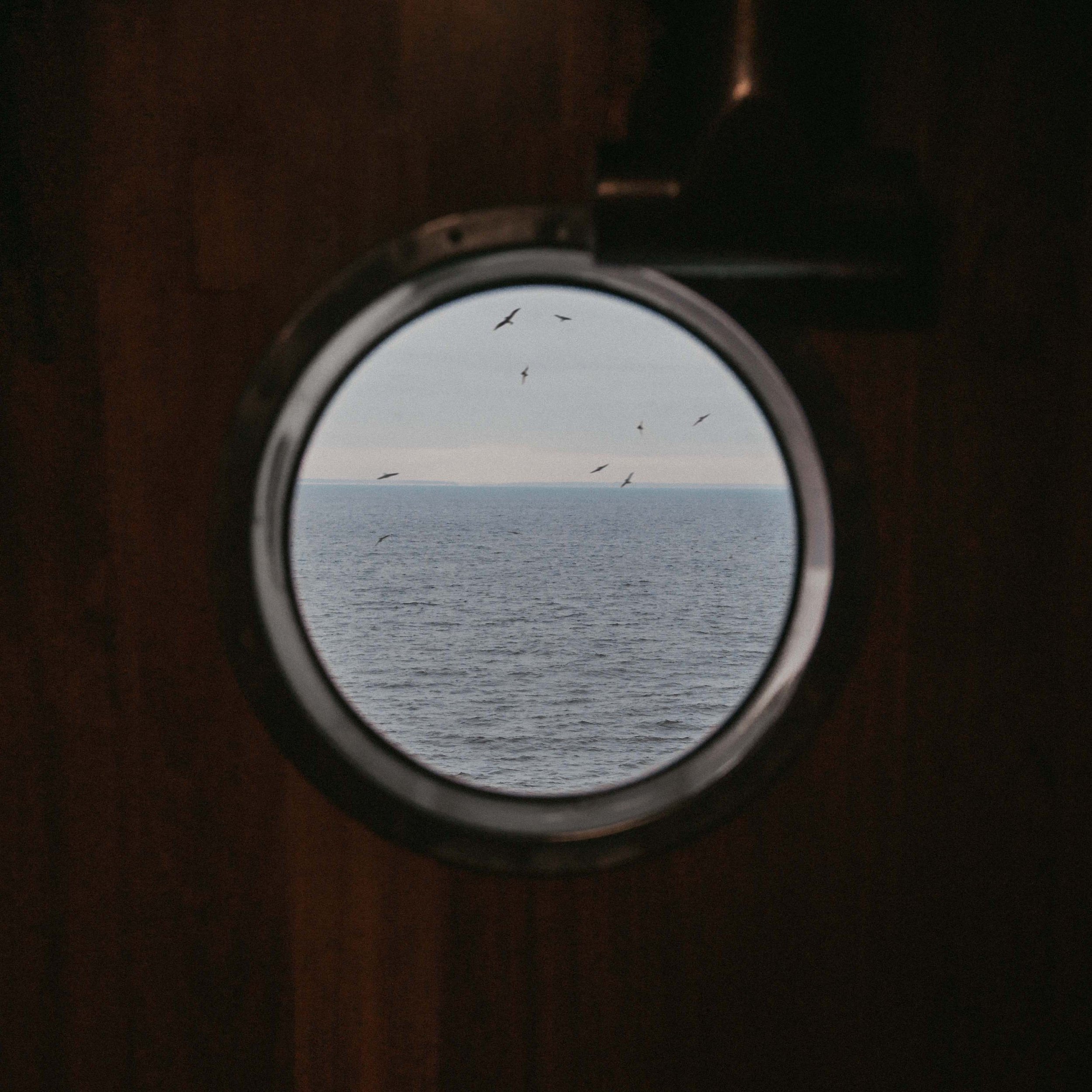





The reality of living aboard is often different to what’s shown on YouTube and Instagram. Here are 7 Ugly Truths to challenge your dreams about living on a small boat.